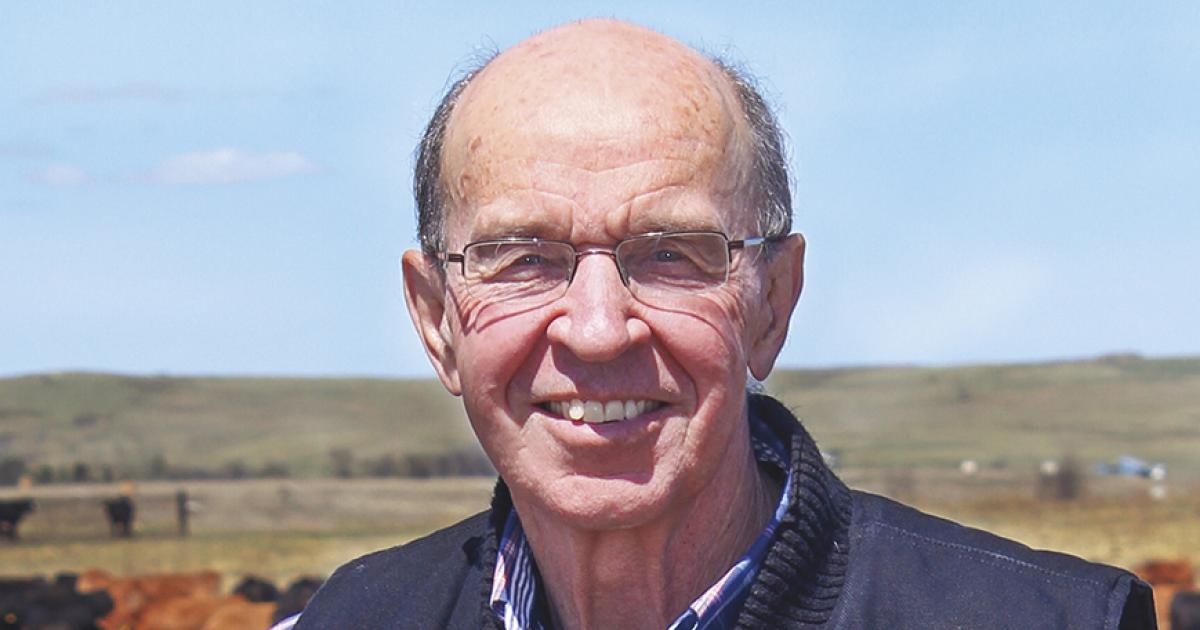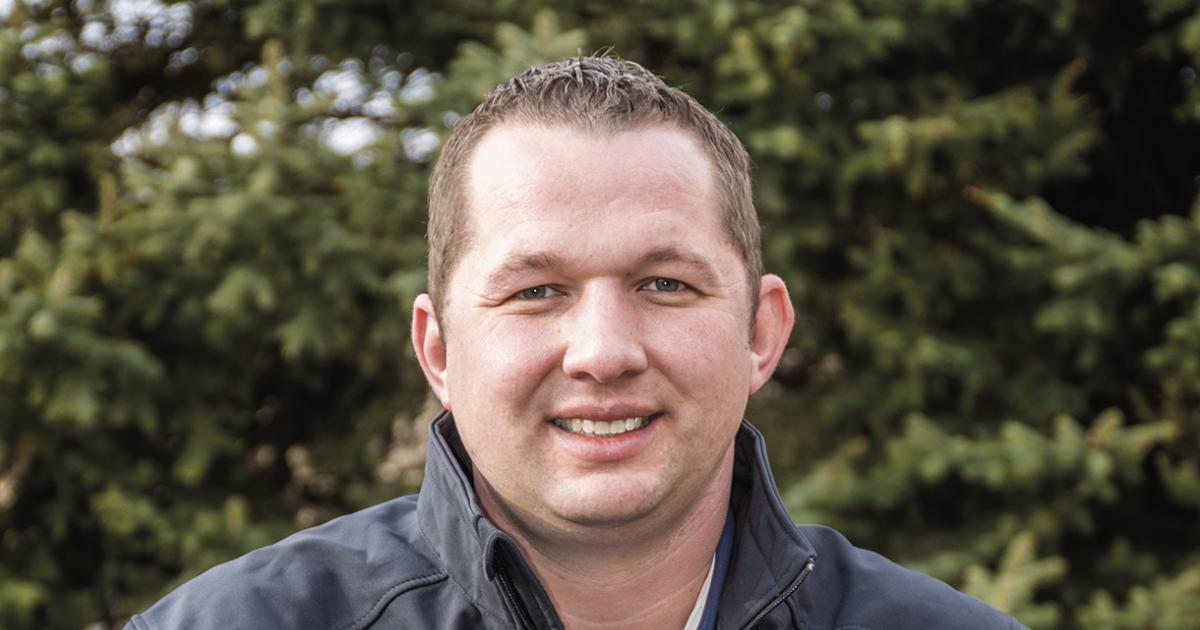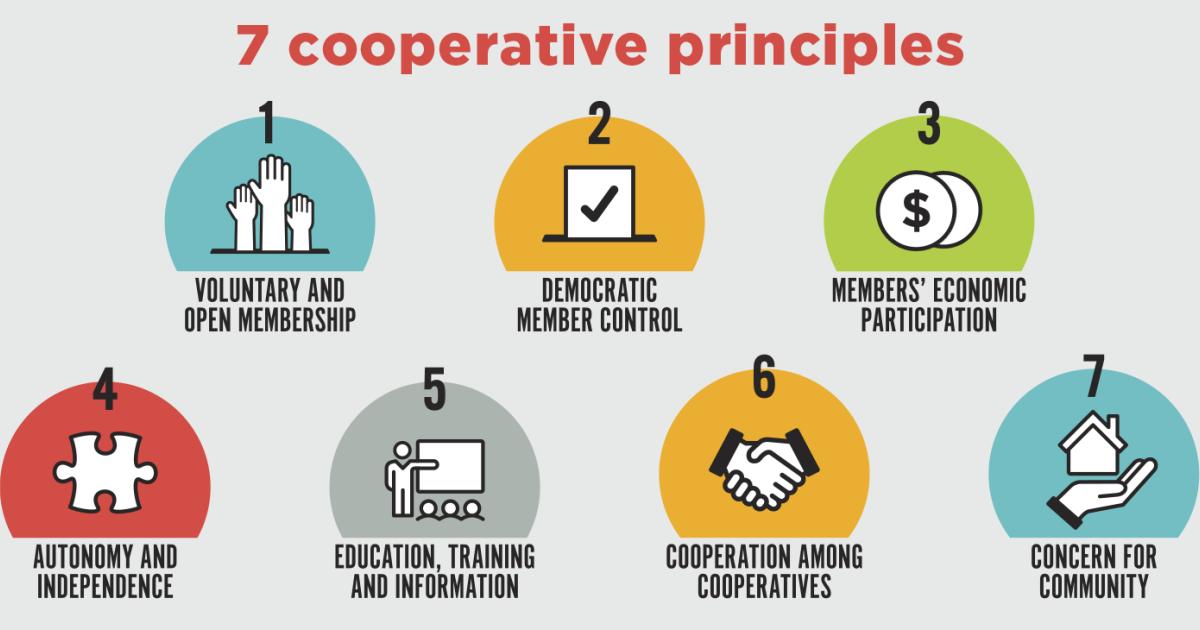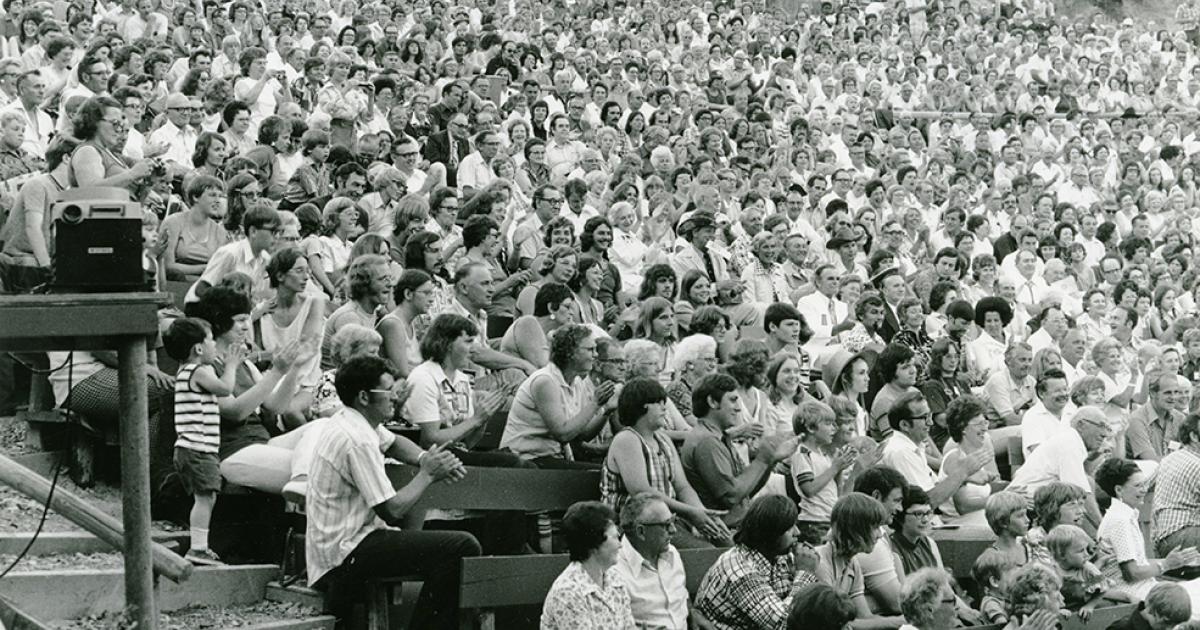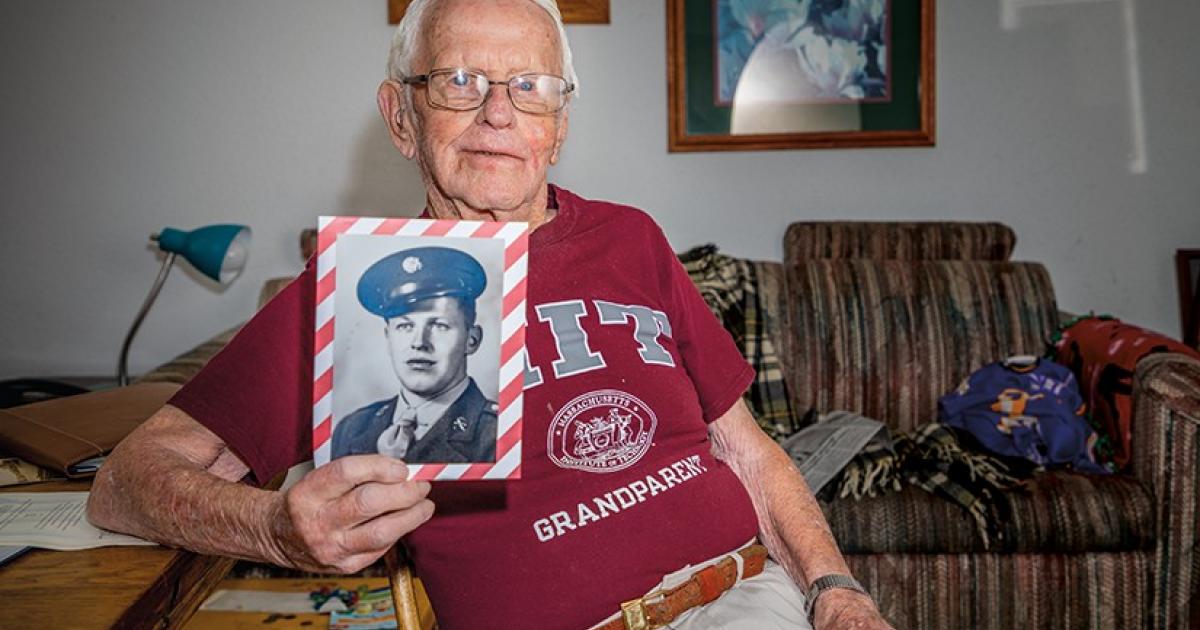Standing in a North Dakota wheat field the last week of July, the head of the U.S. Wheat Quality Council, Dave Green, made a provocative observation, and it wasn’t about this year’s spring wheat crop, even though that’s what we were there to talk about.
Each year, the council leads a group of wheat industry officials on a tour of spring wheat fields across the state. They assess the potential yield and quality of the upcoming harvest. This year, there were about 40 mostly young professionals – people who work for grain companies, flour millers, bakers, bread manufacturers, government ag agencies and groups like U.S. Wheat Associates and the National Association of Wheat Growers. But Green said few had been to North Dakota before and most had never been in a wheat field, even though they worked for wheat-related companies and agencies.
Green referred to that observation as he made his provocative comment: “The time of ag kids filling all the ag jobs is long gone. There aren’t enough ag kids for the ag industry, so we’re faced with getting kids from other fields, other backgrounds and training them so they’re able to do these ag jobs.”
In fact, Green said, while the wheat tour’s main objective is to give industry representatives a look at the crop, he sees it also as a “boots-on-the-ground” lesson about wheat and wheat production.
The number of farms in this state and this country is a small fraction of what it once was, and farm families are smaller. Yet, the amount of land in production hasn’t changed significantly. Technology has allowed us to produce more with less labor. But the number of industries and agencies that serve production agriculture remains large. They need bodies.
You can work in the wheat industry if you’ve never stood in a wheat field, but it’s probably better if you have. You can work in the livestock industry if you’ve never stood in a herd of cattle, but it’s probably better if you have. It’s better still, if you’ve helped your parents plant and harvest a crop or feed and care for livestock. As it is, a lot of ag companies and agencies are wishing there were more ag kids.
Al Gustin is a retired farm broadcaster, active rancher and a member of Mor-Gran-Sou Electric Cooperative.


